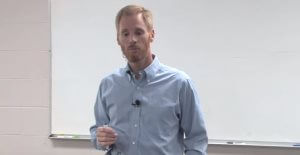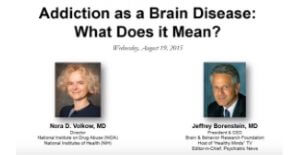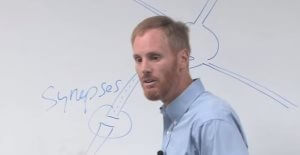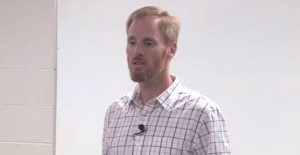NIH BRAIN IMAGING
Brain Imaging Reveals What Causes Drug Addiction in Humans
Doctor Nora Volkow MD, research psychiatrist and scientist, Director of the National Institute on Drug Abuse (NIDA) at the National Institutes of Health (NIH), discusses what goes in in the human brain when an individual is addicted to drugs. From the US Senate Forum on Addiction, December 2, 2014. Doctor Volkow discusses the prevalence of drug use, the economic burden of substance abuse and what science now knows about what goes on in the brain when we are addicted. She uses brain imaging to investigate the toxic effects and addictive properties of abusable drugs. She studies changes in the dopamine system which affect the functions of the frontal brain regions involved with motivation, drive and pleasure in addiction.
Click the View button below to watch the video

Understanding
Dr. Todd Carran gives an overview of the disease of addiction and briefly introduces the changes in the brain during addiction.

Psychology
Dr. Todd Carran talks about the psychological factors that make people more susceptible to the disease of addiction.

Consequences
Dr. Todd Carran talks about the medical consequences of addiction and its ability to damage every organ system in the body.

Brain Disease
Dr. Nora Volkow of the National Institute of Drug Abuse (NIDA) presents a seminar on "Addiction as a Brain Disease: What Does it Mean?"

As A Disease
Dr. McCauley presents reasons to consider addiction as a disease, based on the dopamine hypothesis, and how that translates to treatment.





